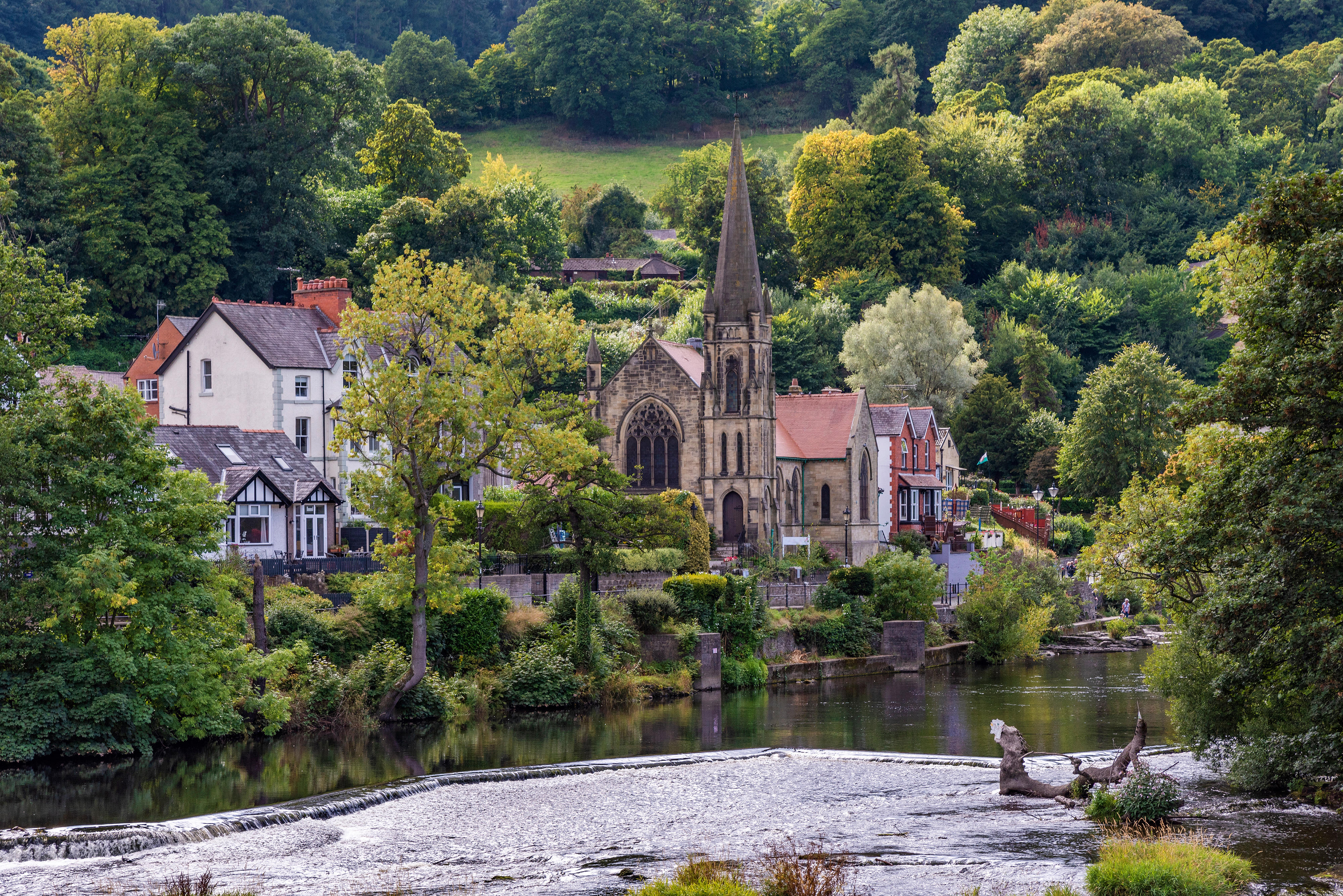Spectator on gardeners
It is gardeners who will inherit the earth, says Carla, as meets the Garden Club of America and attends the President's lunch at Chelsea.


When Marianne Moore wrote her poem called Poetry, it originally consisted of 29 lines. Then, like a true gardener, she brutally pruned it. Its three lines have bloomed like crazy ever since: I, too, dislike it…Reading it, however, with a perfect contempt for it, one discovers that there is in it, after all, a place for the genuine Substitute ‘Horticulture’ for ‘Poetry’ and you’ve got my number.
I married a man who doesn’t read poetry, claims he doesn’t have an ‘ear’ for the rhythm. For years, I thought I could tune his ear. For years, he thought he could turn me into a plantswoman. I gave him books by Seamus Heaney. He gave me books by Beth Chatto. But Nature seems to outweigh Nurture in this debate. Villa-nelles are wasted on him, I can still confuse a daphne with a viburnum. Each May, as we enter the horticultural Holy Week, I feel a cultural unworthiness.
In fact, it’s not hard to be a horticultural fraud. Even if you don’t know your Viburnum bodnantense, you can bask quietly in the beauty of a garden. In the same way that you can thrill to Mozart’s Cosí fan tutti without understanding a word of Italian, you can enjoy a garden’s mood without knowing plant names. However, when you learn that Da Ponte’s libretto arises from a cynical bet about the brevity of a woman’s memory, the opera becomes even more wonderful. Ditto a little knowledge of plants. Knowing which plants thrive in sun, which yearn for shade, which require acid soil, which perish at the thought, is vital to the performance.
To tell the truth, I no longer feel that my horticultural ignorance is acceptable. Last week, I was in Norfolk, Virginia, for the annual meeting of the Garden Club of America. Called the GCA by its members, this is one of the most formidable outfits in the US, an all-women (and a few honorary men, including my husband) organisation of determined, powerful, dedicated members who are the horticultural and cultural elite of America.
Like pit bull terriers dressed in Chanel, these tough, elegant women have always tackled big causes. In 1931, they raised $500,000 to save a 5,000-acre grove of redwood trees in California from logging. Now this formidable army is committed to educating America’s gardeners, farmers and politicians in the fight to resolve the conflict between people and the fragile Earth on which we live.
This week, my journey led to the Chelsea Flower Show. I’ve had moments of taking this Aida of horticultural production for granted, but this year, my feelings of surprise and wonder returned. Perhaps it was the seren-ity of the gardens that chimed perfectly with the more sombre mood of the times. Perhaps it was the sense of the vital role that gardeners play in staving off environmental tragedy. The speaker at the President’s Lunch, John Parker, director of the Cambridge University Botanic Garden, offered the assembled horticultural great and good one nugget of truth: nobody knows what climate change will bring. Britain could be the new Tuscany or, with a flick of the Gulf Stream, the new Labrador.
It’s the age of gardening in the unknown. Last April emjoyed the highest temperatures for that month on record. May was the coldest and wettest on record. Prof Parker made a few heartfelt pleas: plant more trees, stop the use of pesticides, insecticides and fertilisers, but, above all, keep gardening. More and more, I believe that it will be the gardeners who’ll inherit the Earth. More than farmers or politicians, it is the gardeners who work tirelessly for a harmonious relationship of humanity with the planet and all its creatures. In the garden, one discovers a place for the genuine.
Sign up for the Country Life Newsletter
Exquisite houses, the beauty of Nature, and how to get the most from your life, straight to your inbox.
Click here to read more blogs
Country Life is unlike any other magazine: the only glossy weekly on the newsstand and the only magazine that has been guest-edited by HRH The King not once, but twice. It is a celebration of modern rural life and all its diverse joys and pleasures — that was first published in Queen Victoria's Diamond Jubilee year. Our eclectic mixture of witty and informative content — from the most up-to-date property news and commentary and a coveted glimpse inside some of the UK's best houses and gardens, to gardening, the arts and interior design, written by experts in their field — still cannot be found in print or online, anywhere else.
-
 About time: The fastest and slowest moving housing markets revealed
About time: The fastest and slowest moving housing markets revealedNew research by Zoopla has shown where it's easy to sell and where it will take quite a while to find a buyer.
By Annabel Dixon
-
 Betty is the first dog to scale all of Scotland’s hundreds of mountains and hills
Betty is the first dog to scale all of Scotland’s hundreds of mountains and hillsFewer than 100 people have ever completed Betty's ‘full house’ of Scottish summits — and she was fuelled by more than 800 hard boiled eggs.
By Annunciata Elwes